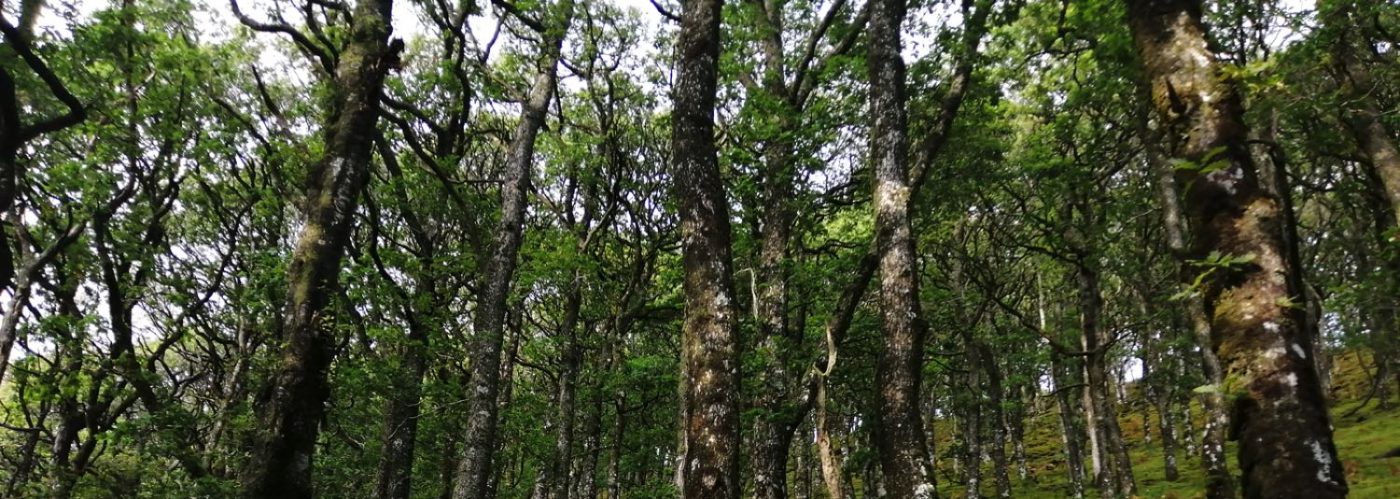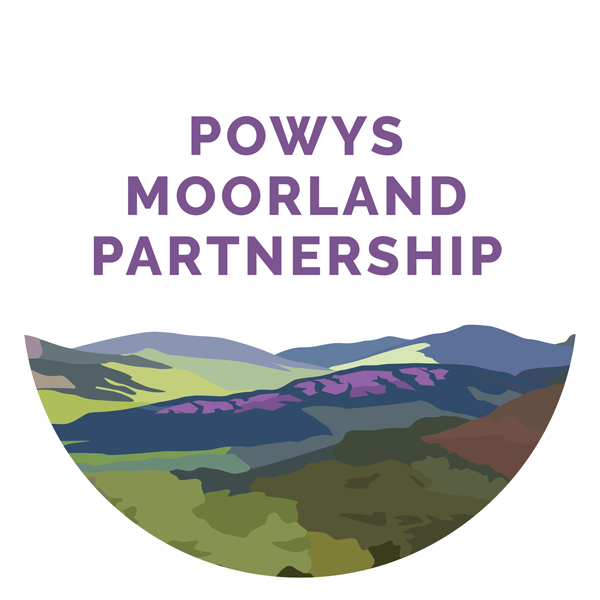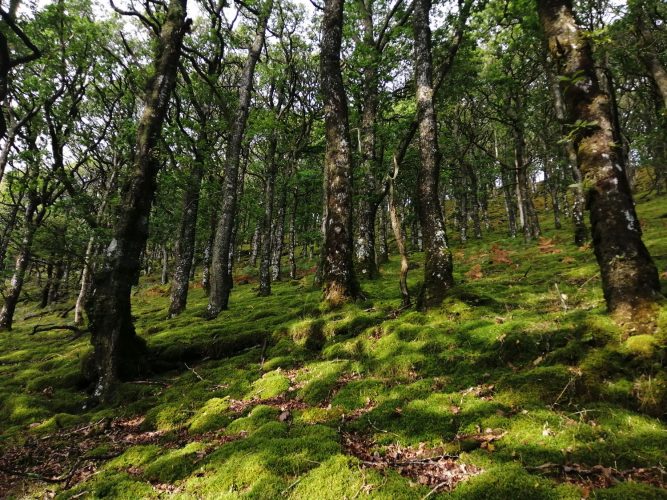The Powys Moorland Partnership is currently interviewing farmers in and around the project area to feed into the Sustainable farming and our land consultation.
It’s difficult to know how many more trees can be planted and how wildlife corridors can be improved in much of the Radnorshire uplands. The place is already rich in habitats, wildlife, carbon stored in the trees, hedges and soils. Their landscape has changed very little and being well over 1000 feet above sea level taking out hedges and trees was not a consideration. It’s windy up here and you can see what they mean with the shape of individual windswept trees that have been sculpted by the sometimes brutal climate. The trees have protected us, our farms, our wildlife and our livestock, they say. Every farm is individual and needs a different approach. Each has its own outcomes to deliver but it must be the farmer to decide what those are. The call from the farmers is a desperate “please listen to us first, we haven’t just arrived here and finding out what’s what, we have been here for generations and that knowledge has been passed onto us. We think that’s important. We hope you do too.”
Although they recognise the new payments could be scary – because nobody knows yet what they look like – the vast majority have their sleeves rolled up and are ready to embrace the new challenges. Call them wildlife farmers, carbon farmers, whatever farmers, as long as there is a sensible scheme in place that is properly funded and supported by people who know what they are talking about, I get a sense that these farmers are not about to abandon the land, which is a good job because there’s no one else up there who can do what they do.
One farmer told me how his dad would always spend hours clearing the roads in the snow for everyone around here or clearing debris when there was heavy rainfall because the council couldn’t get anywhere near, but today there is usually only one person left working on a farm who doesn’t have enough time and which was what kept rural communities together. The countryside needs more people, not less, and these people feel that wildlife needs them with their grazing stock more than ever.


